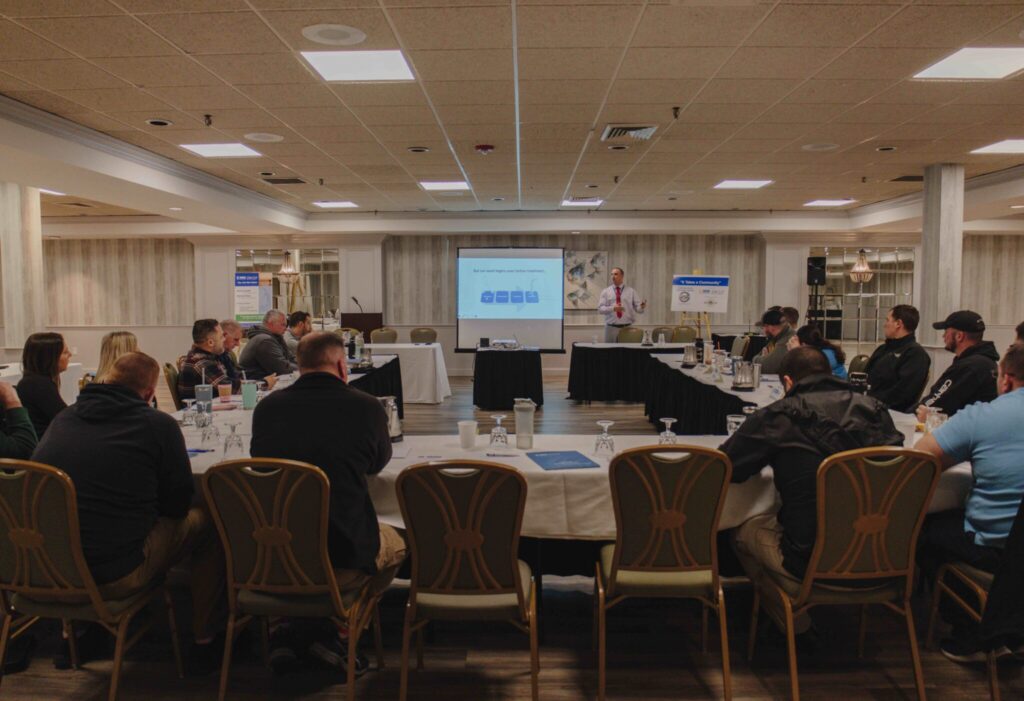In the face of the growing addiction crisis, the role of law enforcement and first responders in managing substance use incidents has never been more critical. As front-line personnel, they often encounter individuals at the lowest points of their struggles with addiction. Given this pivotal position, their approach can significantly influence the outcomes for those they serve. This highlights the need for specialized training and education to equip them with the right tools and knowledge to handle these sensitive situations effectively. Addiction Consulting Education Services (ACES), spearheaded by Kevin G. Rosario, proposes just that, focusing on prevention, treatment, and education, particularly emphasizing the importance of equipping law enforcement and first responders with the requisite skills and understanding.
Kevin Rosario, with his comprehensive background in Healthcare Management and certification as a Family Coach and Intervention Professional, has dedicated a significant portion of his career to battling substance misuse. ACES, under his guidance, prioritizes substance use prevention, treatment, and education, highlighting a unique approach that extends beyond traditional methods. By integrating his expertise and personal passion, Rosario has managed to break new ground in addiction education, especially targeting the essential cohorts of first responders and law enforcement.

Educating to Empower
The effectiveness of ACES’s programs in addressing the challenges law enforcement and first responders face is grounded in education. By raising awareness about the nuances of early substance use and its ties to mental health issues, ACES opens up new pathways for these professionals to aid adolescents and adults grappling with addiction.
A Synergy of Support and Knowledge
ACES’s curriculum for professionals doesn’t just stop at imparting knowledge; it integrates comprehensive support mechanisms, teaching first responders and law enforcement officials how to guide individuals towards recovery compassionately. This education is crucial in reducing the stigma surrounding addiction, cultivating an environment where recovery is prioritized over punishment.
Why It Matters
The interaction between those struggling with addiction and law enforcement or first responders can be a critical turning point. First responders equipped with ACES’s education can recognize the signs of substance misuse and understand the complex interplay between addiction and mental health. This understanding is pivotal in changing the traditional enforcement-centric approach to one that is more supportive and rehabilitative.
Reinventing First Response to Addiction
Testimonials from professionals who have undergone ACES’s training reflect a transformation in handling addiction-related incidents. For instance, Officer Jim Tougas from Duxbury Police Department underscores how ACES’s education enabled him to connect, engage, and provide the needed guidance and commitment to individuals battling addiction. Similarly, George Noonan, Assistant Director of Recreation, Town of Barnstable, highlighted the engaging, entertaining, and educational nature of Kevin’s talks, which have become a highlight at the 7th Grade Youth Summit.
Bridging Gaps Between Enforcement and Compassion
The core of ACES’s approach lies in bridging the gap between law enforcement duties and compassionate intervention. This bridging is vital as it reshapes public perception of law enforcement’s role in managing addiction, emphasizing supportive intervention over punitive measures. The outreach and education extend into the community, fostering a holistic approach to battling the addiction crisis.
The Way Forward
The testimonials and the breadth of engagement seen through ACES’s initiatives with law enforcement and first responders underscore a universal truth: education is key in evolving the approach to addiction management. ACES’s programs offer a beacon of hope, providing a model that can be replicated and adapted nationwide.
As the addiction crisis unfolds, the need for more educated, compassionate first responders and law enforcement officials becomes increasingly apparent. ACES’s pioneering work marks a significant step toward a future where the fight against addiction is informed by understanding, compassion, and a community-oriented approach.
In conclusion, ACES’s focus on prevention, education, and treatment, extended towards law enforcement and first responders, represents a critical lever in transforming how society responds to addiction. The work done by Kevin Rosario and ACES is not just inspiring; it’s a call to action for entities across the nation to prioritize and invest in educational initiatives that empower those on the front lines. The path to recovery for many can be profoundly impacted by the first response they receive, making the work of ACES not only important but essential in creating a more compassionate and effective approach to addiction.